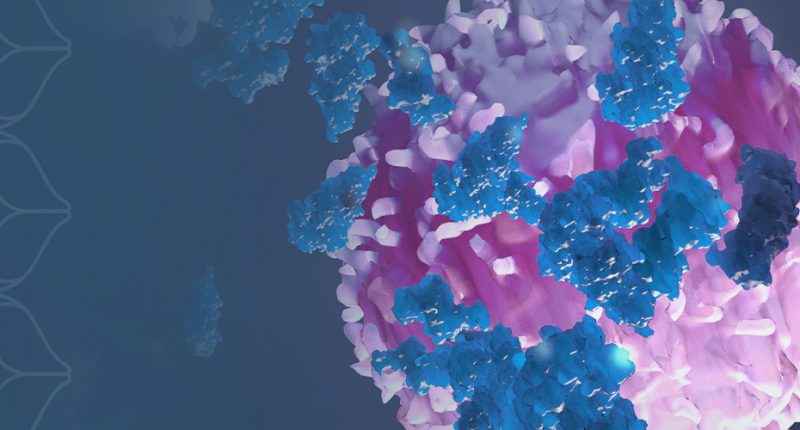- Medicenna Therapeutics Corp. (MDNA) announced the publication of preclinical data on MDNA11
- MDNA11 is Medicenna’s second lead candidate to help immune cells combat cancer
- The data was published in the Journal for ImmunoTherapy of Cancer
- During the studies, MDNA11 induced an increase and expansion of anti-cancer immune effector cells with limited stimulation of pro-tumor immune supressing cells
- MDNA11’s durable and potent memory response positions the candidate as a potential long-acting next generation method for cancer immunotherapy
- MDNA11 is currently being evaluated in patients with advanced, relapsed, or refractory solid tumors in the Phase 1/2 ABILITY study
- Medicenna Therapeutics Corp. (MDNA) is down 2.19 per cent trading at $1.79 per share as of 3:37 p.m. EST
Medicenna Therapeutics Corp. (MDNA) announced the publication of preclinical data on MDNA11.
MDNA11 is Medicenna’s second lead candidate to help immune cells combat cancer.
Data presented in the paper, published in the Journal for ImmunoTherapy of Cancer are from in vitro, murine, and non-human primate (NHP) studies.
The data evaluated MDNA11’s anti-cancer activity as well as its selective immune-supporting molecule receptor binding, pharmacokinetic, pharmacodynamic, and safety profiles.
While the existing immune-supporting molecule (IL-2) is approved for the treatment of metastatic melanoma and kidney cancer, its use is limited by its short half-life.
This leads to special activation of pro-tumour immune suppressing (Treg) cells and toxicity.
MDNA11 was engineered to overcome these shortcomings using its superior selectivity and activation of cancer-fighting immune cells.
During the studies, MDNA11 greatly induced durable cell increase and expansion of anti-cancer immune effector cells with limited stimulation of pro-tumour Treg cells.
MDNA11 was well tolerated during the NHP study phase.
The main safety observations of reduced activity and diarrhea were observed at the highest dose level following the first dose and were generally transient in nature.
MDNA11’s durable and potent memory response together with a favourable safety profile positions the candidate as a potential long-acting next-generation method for cancer immunotherapy.
MDNA11 is currently being evaluated in patients with advanced, relapsed, or refractory solid tumours in its Phase 1/2 ABILITY study.
Medicenna expects to provide an update on safety, pharmacokinetics, and pharmacodynamic data from the ABILITY study in the first quarter of 2022.
Medicenna Therapeutics Corp. (MDNA) is down 2.19 per cent trading at $1.79 per share as of 3:37 p.m. EST.





